Perfect for a family activity, a fun day out with friends, or a full-on adrenaline-junkie afternoon by yourself, coasteering, especially coasteering the Devon coastline, combines pretty much everything your parents told you not to do on a day out to the beach when you were young.
A term coined in the 1980s, coasteering came about when several Pembrokeshire surfers were climbing around the cliffs, and tends to be defined as an ‘all-in-one’ experience. This includes hopping and jumping over cliffs and rocks, cave exploring, swell-riding. Think of it as a kind of aquatic adventure, or extreme rock pooling, if you will – plus, it usually involves getting a closer look at coastal nature and wildlife than you would with just walking, and helps you explore more about the coast itself.
Despite the different activities it encompasses, coasteering is very safe as long as you stick to the rules, and choose to do it in a safe, group environment with fully-trained and qualified professionals.
For example, at outdoor adventure hotspot, Baggy Point, the company Surfing Croyde Bay specialises not just in riding the waves, but pride themselves on being experts in coasteering, too. Their whole team of instructors are also qualified lifeguards, so you know you’re in safe hands.
Wherever you choose to do it, the guides will not only teach you techniques so you can explore safely, but they’ll also have previously explored all parts of said coast. This in turn keeps everyone safe and lets you enjoy it to the max, taking in all the sights, wave surges, and all the wildlife you might otherwise miss out on. Trained professionals will also know to avoid places where animals frequently breed, to keep the animals themselves safe, and avoid any confrontation from birds, seals, and other wildlife, too.
Although it sounds pretty daredevil-esque, it’s a great activity to do as a family, as many places will let participants as young as 8 years old get involved (sometimes even younger). There’s a lot of places which even let people up to the age of 80 take part, so long as their fitness levels are adequate. Having a range of ages means the coast and any wildlife will be admired and absorbed from all different points of view, so you can share stories after, too.
It helps if you’re confident in the water to begin with, but even if you’re not the best swimmer, the safety kit provided (including life jackets, helmets and wetsuits), will keep you safe from harm.
As previously mentioned, the main kit involves a wetsuit, life or floatation jacket, helmet, gloves, and shoes.
The jacket will help you float (hence no need to be a super confident swimmer), whilst the helmet and gloves protect against any rocky terrain whilst you’re climbing and jumping across anything you can find.
Sometimes, shoes will be provided, but if not, it’s usually recommended that everyone brings old trainers to bring (just make sure you bring a spare pair after to change into!).
Last but not least, a sense of adventure goes hand in hand with coasteering, so bring that along with you, too.
Depending on the weather and conditions, coasteering can be a thrill a minute.
You can enjoy bodysurfing, climbing across rocks, exploring hidden sea caves and discovering various rock formations. And that’s before you’ve even got started on the wildlife spotting. There are loads of different sea birds, seals, and many others which you should keep a lookout for amongst all the excitement.
Plus, you can often choose to what level or duration you want to go to – the Croyde surf school Surfing Croyde Bay offers half days, full days, weekends, private, group and even extreme sessions, so you can tailor it to you.
There are loads of places to take part in coasteering across the UK, mainly in the South West, in Devon and Cornwall. Baggy Point is not just one of the most picturesque, but one of the most exciting, too, and as a National Trust park, you can engage in heaps of different activity in addition to coasteering.
In addition to Devon, other renowned coasteering spots across Europe include:
Pembrokeshire, Wales (where the activity originated from)
São Miguel Island, Azores

Surfing Croyde Bay, Baggy Lodge, Moor Lane, Croyde, EX33 1PA
© 2025 All Rights Reserved.